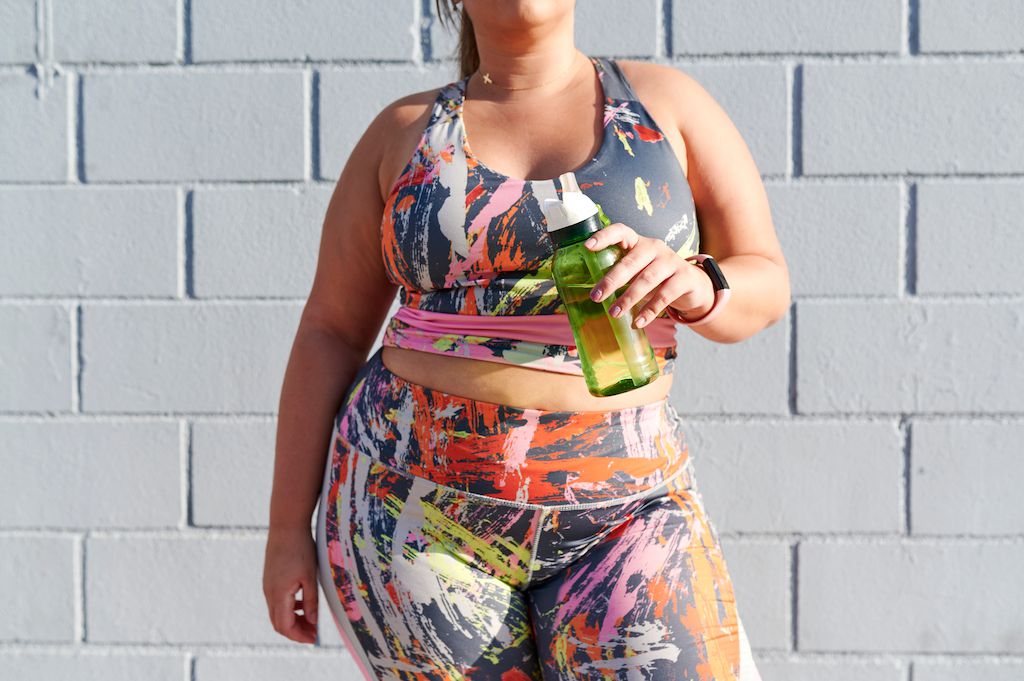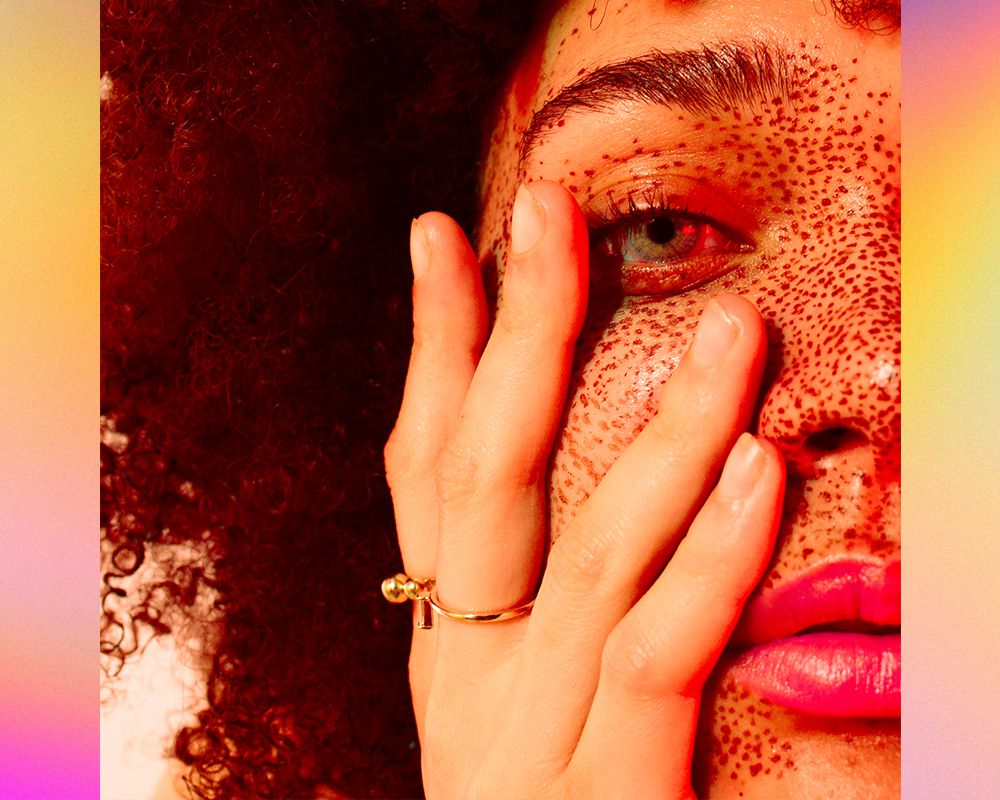6 Natural Remedies for Acne That Actually Work, According to Experts
For many, acne isn’t an adolescent right of passage; it’s a problem that carries into adulthood. Those of us who still have acne-ridden skin know that it’s an ongoing battle to not only treat the blemishes already on our faces but to prevent them from ever coming back, be it with oral medication or topical treatments that are either prescribed or over-the-counter.
But sometimes the best thing to do when fighting acne is go back to the basics—or go natural. We spoke to UMA Oils founder Shrankhla Holecek, S.W. Basics founder Adina Grigore, celebrity facialist Joanna Vargas of Joanna Vargas Salon, and board-certified dermatologist Dendy Engelman, MD, FACMS, FAAD, about the natural remedies for acne.
We asked them which ingredients we should be looking for, what we can make of the natural ingredients we’ve found, and why these ingredients are ideal for treating acne.
Baking Soda
“Technically, baking soda and water soften blackheads and any clogged pores in the skin,” Vargas says, adding that baking soda is best for congested skin as this type is the most prone to pore blockages. She recommends a DIY baking soda mask, which you can leave on for 10 minutes and follow up with a moisturizer.
Baking soda may also work to neutralize the pH level of your skin. This could be important because, if your pH is imbalanced, you may become prone to acne breakouts, dryness, and other skin irritations.1
Apple Cider Vinegar
“It’s the best astringent in nature because it helps to balance the skin’s pH, making you both less oily and less dry,” says Grigore of ACV. But beware, because apple cider vinegar is very pungent, you should dilute the substance before using it. “I recommend using a mixture of one part vinegar to four parts water. Apply to your face with cotton or a spritzer. No need to wash it off,” she says.
ACV may also chemically exfoliate the skin, fight blackheads, and improve hyperpigmentation, “but only when used correctly,” Engelman cautions. Without dilution, the ingredient “can cause burns and skin irritation, especially if there are any open wounds on your skin.”
Our experts recommend Bragg Organic Raw Apple Cider Vinegar ($5) for at-home skincare remedies, to be used four times per week or less.
Turmeric
Turmeric is packed with antioxidants2 that provide many benefits for the skin, including brightening and purifying the skin. It also has an antibacterial property that “[makes turmeric] great for treating eczema and psoriasis as well as acne by calming inflammation and reducing flare-ups,” Engelman says.
Holecek recommends mixing it with gentle, exfoliating bases like chickpea flour, oat powders, or kaolin clay.
KEY INGREDIENTS
Turmeric powder is made from the root of Curcuma zedoaria, a form of ginger native to Southeast Asia. Its active ingredient, curcumin, is what gives it a yellow-orange tinge; it’s also what makes it such a potent anti-inflammatory. In addition to treating acne, turmeric can also lighten hyperpigmentation.3
Honey
Honey is a well-known natural remedy due to its antibacterial and humectant properties.4 But perhaps what is less recognized is that not all honey is created equal—manuka honey, one that’s made by honey bees that feed on manuka trees in New Zealand, contains the most antimicrobial activity and is great for treating acne, inflammation, and skin conditions like eczema and psoriasis, Engelman says. And since it’s also a humectant, which means that it traps moisture in the skin once applied, honey leaves the skin smooth and hydrated, not oily.
For a DIY facial, Holecek suggests mixing honey, aloe vera, one teaspoon of chickpea flour, and a pinch of turmeric to make a paste. Spread the paste on your face, and once you rinse off with cool water, use an ice cube on the skin for 30 seconds to further treat a congested face.
KEY INGREDIENTS
Aloe vera is a succulent plant that contains a topical agent within its leaves that’s best for soothing skin. The plant’s mucilage, or the gel that is used to treat skin, contains about 99.5 percent water,5 which makes it perfect for adding hydration to the skin while calming it.
Fine-Grain Salt
“Fine-grain salt cleans deeply, removes dead skin cells, balances moisture, and pulls toxins from pores, making it especially great for preventing acne or quick treatments during flare-ups on the face and body,” says Grigore. And since it contains antibacterial properties,6 sea salt may help treat skin conditions like eczema, psoriasis, acne, and even wounds. “The simplest way to use sea salt is to wet your face or body, put some salt on your wet hand so it sticks, then pat it gently onto your skin. You can leave it for a few minutes or rinse immediately. Just make sure not to scrub too hard—it is too abrasive by itself.”
Tea Tree Oil
Tea tree oil is a great antiseptic and anti-inflammatory agent, according to experts. “It’s renowned for its antibacterial, antimicrobial, and anti-fungal properties, making it an easy and effective spot treatment,” Grigore explains.
Per its anti-inflammatory nature, “it reduces redness and swelling of the skin while also minimizing acne breakouts and reducing dandruff-causing fungus,” Engelman says.
Grigore suggests diluting tea tree oil in a dab of extra virgin olive oil or organic jojoba oil and applying it directly on a zit.








